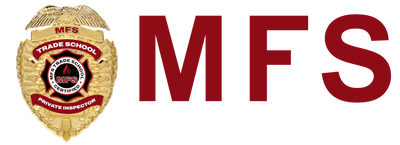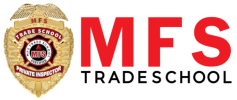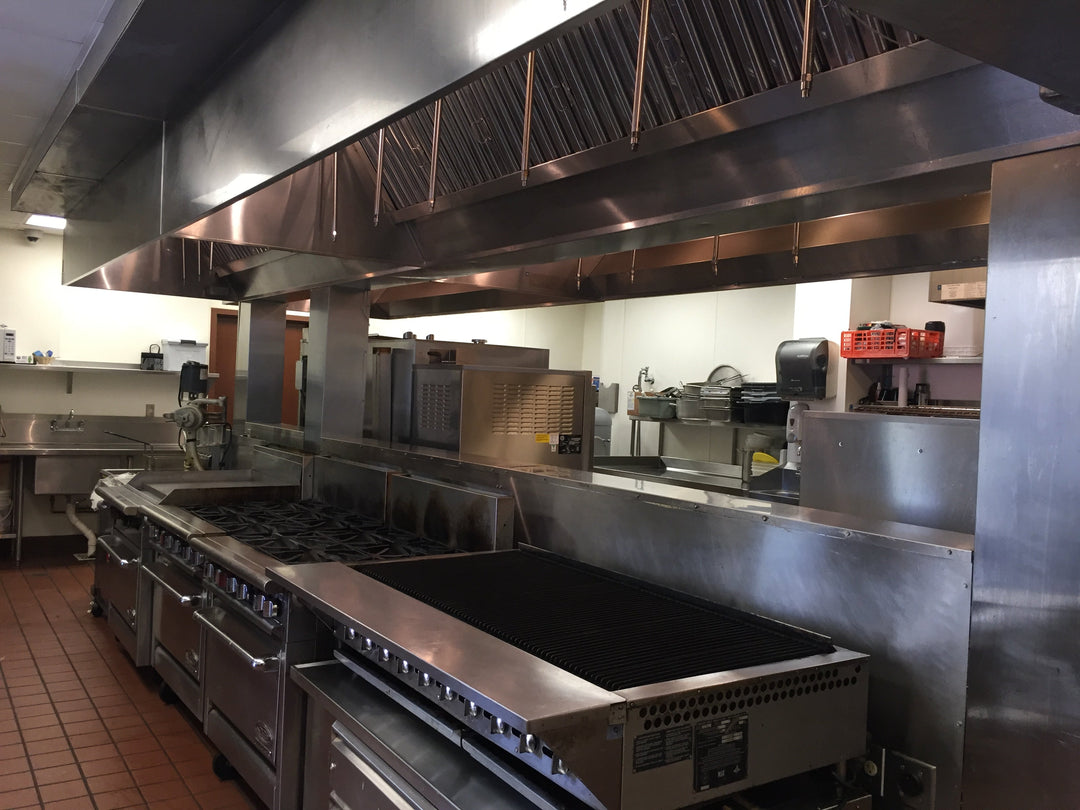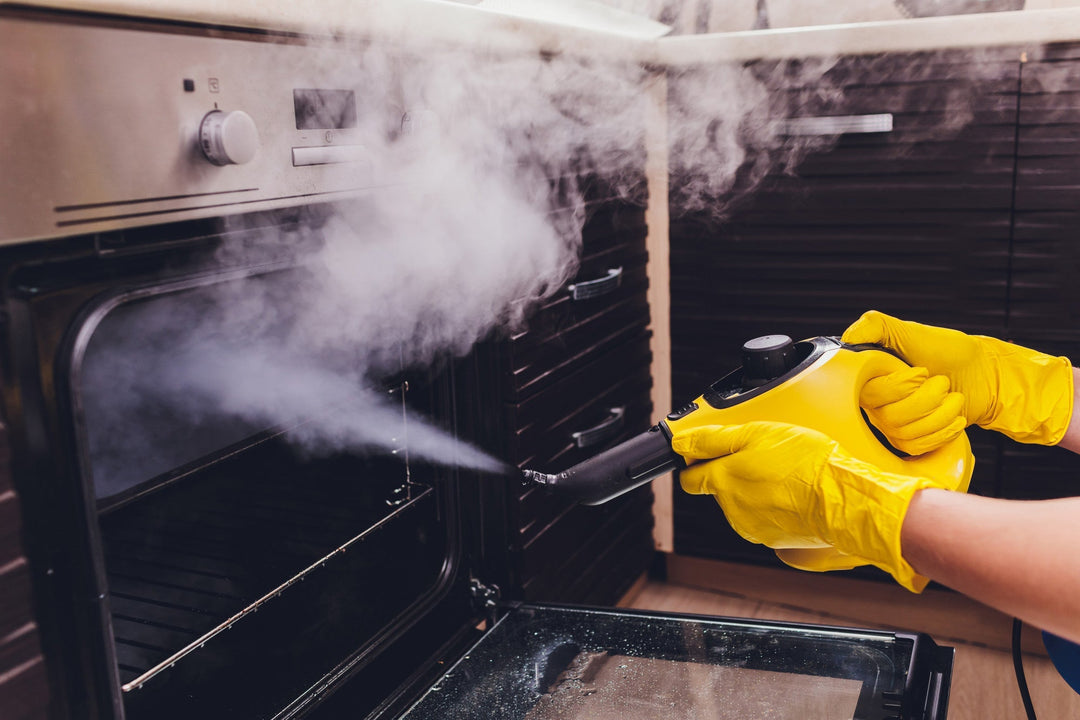Case Study: Effective Hood Cleaning Strategies for Fire Prevention
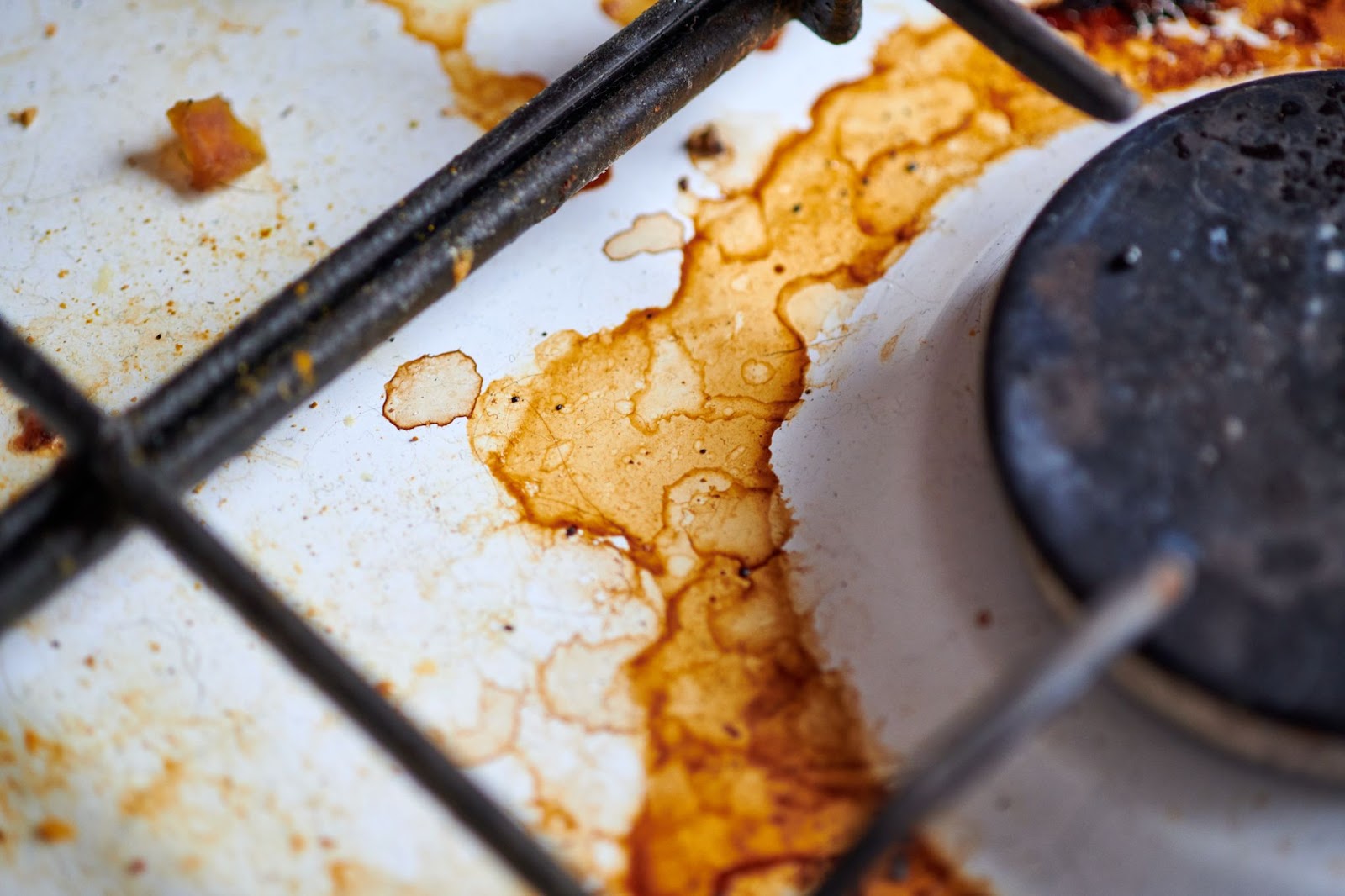
Commercial kitchens are bustling hubs of culinary activity, where delicious dishes are prepared to satisfy appetites. However, behind the scenes, the high-energy environment, combined with the continuous use of cooking equipment, can lead to a significant fire hazard.
The exhaust hood system, an essential component of any commercial kitchen, plays a pivotal role in maintaining a safe and fire-free environment. Regular cleaning is essential to prevent the build-up of combustible materials and ensure the safety of kitchen environments.
Kitchen fires pose a significant risk in both residential and commercial settings. One critical measure to prevent such fires is the regular cleaning of kitchen hoods.
What is the Role of Regular Hood Cleaning in Fire Prevention?
Regular hood cleaning emerges as an indispensable practice in mitigating the risk of kitchen fires. By diligently removing grease buildup from exhaust systems, it significantly reduces the chances of ignition and fire spread.
Grease buildup within the exhaust hood system acts as a potential fire hazard waiting to ignite. It can easily become overheated by the continuous operation of cooking appliances, requiring only a spark from an open flame, electrical malfunction, or even a hot cooking surface to ignite. Once lit, the fire can rapidly spread through the entire exhaust hood system, causing extensive damage and endangering the lives of kitchen staff and patrons.
The primary benefit of regular hood cleaning is fire prevention. By eliminating flammable grease deposits, the likelihood of a fire starting and spreading within the kitchen exhaust system is greatly diminished. A clean exhaust system also facilitates better kitchen air quality by effectively removing smoke and odors, reducing the potential for smoke and odors to permeate the cooking area.
Why is Hood Cleaning Important for Fire Safety Compliance?
Hood cleaning remains a cornerstone of maintaining compliance with fire safety standards in commercial kitchens. Authorities require specific cleaning intervals to guarantee that exhaust systems operate safely and effectively. This compliance is essential, not just for meeting regulatory demands, but for safeguarding the establishment against potential fire incidents.
The repercussions of ignoring safety regulations can be severe. Non-compliance often results in substantial fines and the potential shutdown of business operations. By establishing a consistent cleaning routine, restaurant operators can sidestep these legal challenges and prioritize the safety of their premises.
Furthermore, adherence to fire safety regulations fosters trust among staff and customers alike. A well-kept hood system, serviced regularly by skilled professionals, signals a commitment to maintaining the highest levels of safety and hygiene. This diligent approach not only shields the business from fire-related risks but also bolsters its reputation as a secure and well-managed dining venue.
How to Implement Effective Hood Cleaning for Fire Prevention
Effectively preventing kitchen fires requires a keen understanding of the nuances involved in exhaust cleaning. Different kitchens have unique demands, dictated by factors like cooking volume and menu offerings. Crafting a cleaning schedule that accommodates these variables ensures that the exhaust system remains optimal, reducing potential fire hazards.
Routine upkeep plays a pivotal role in fire risk management. Implementing a methodical cleaning plan is essential: in high-turnover kitchens, contaminants can accumulate rapidly. Industry standards often suggest frequent cleanings, sometimes on a monthly basis for busy operations. Regular assessments of the system help detect any preliminary signs of deterioration that might affect safety.
Employing the expertise of professional hood cleaners adds a crucial layer of protection. These experts, well-versed in the intricacies of exhaust systems, guarantee that even the most inaccessible areas, such as ducts and fans, are meticulously cleaned. They utilize advanced equipment and techniques, ensuring that the system operates without grease accumulation. This thorough approach not only mitigates fire risks but also keeps the establishment in line with all safety codes, providing owners with the reassurance they need.
Strategy 1: Establish a Regular Cleaning Schedule
Crafting a cleaning schedule that aligns with your kitchen's specific demands is vital. Begin by evaluating both the frequency and intensity of your kitchen's operations. Kitchens with high cooking volumes, especially those utilizing fryers and grills extensively, tend to accumulate grease faster and require more frequent attention.
A structured maintenance timetable ensures that all components of the exhaust system operate efficiently, minimizing the risk of fire hazards. This systematic approach not only addresses immediate safety issues but enhances the overall performance and durability of kitchen equipment over time by preventing unnecessary wear and tear.
Incorporating the kitchen's operational rhythms into the scheduling process is key. Conducting maintenance during quieter periods minimizes disruption to your workflow. Keeping detailed records of all cleaning activities not only helps in planning but also serves as proof of adherence to safety standards during inspections, reinforcing your commitment to a safe kitchen environment.
Strategy 2: Utilize Professional Hood Cleaning Services
When aiming to achieve comprehensive safety and efficiency, bringing in certified professionals for hood cleaning proves invaluable. These experts possess a keen understanding of the unique challenges associated with exhaust systems. Their knowledge extends beyond the basics, encompassing advanced techniques tailored to mitigate fire risks and maintain system integrity.
Professionals deploy specialized tools to access and thoroughly clean the entire exhaust assembly, including hard-to-reach areas like ducts and fans. Their meticulous approach ensures the complete removal of grease and potential fire hazards, significantly enhancing both safety and system performance.
Moreover, the insights and recommendations provided by these certified experts are instrumental in maintaining compliance with fire safety standards. Their evaluations often include actionable maintenance tips and schedules, empowering operators to uphold rigorous safety protocols and optimize kitchen operations efficiently.
Strategy 3: Train Staff on Fire Safety Protocols
Equipping kitchen staff with a comprehensive understanding of fire safety measures is crucial for maintaining a secure cooking environment. By instilling the importance of regular hood cleaning, employees gain insight into its critical role in preventing grease accumulation and potential fire hazards. This foundational knowledge empowers the team to uphold rigorous safety standards and adhere to scheduled maintenance routines diligently.
Training programs should be designed to cover a wide range of fire safety protocols, specific to the kitchen's operational needs. Start with detailed instructions on emergency response procedures, ensuring that each team member is proficient in using fire extinguishers and activating suppression systems effectively. Additionally, clear guidelines on safe evacuation routes and procedures are essential elements of this training.
Incorporating a focus on the hood system’s function within fire risk management discussions provides an added layer of safety. Staff should understand how these systems work and why they are vital in reducing fire risks. By cultivating a proactive safety culture, employees become vigilant stewards of the kitchen, significantly minimizing the chances of fire-related incidents.
Final Thoughts
The intricate dance of maintaining a safe kitchen environment involves a continuous commitment to best practices and informed decision-making. Implementing robust hood cleaning protocols not only enhances immediate safety measures but also cultivates a proactive approach to risk management within the team. By embedding these standards into everyday operations, businesses create a resilient framework against potential hazards.
Collaborations with specialized cleaning services play a pivotal role in efficient kitchen operations. These partnerships ensure that exhaust systems are maintained with precision, from comprehensive grease removal to ensuring optimal performance of ventilation equipment. Such attention to detail not only enhances safety but also supports operational excellence.
In the landscape of fire prevention, access to the latest industry insights and methodologies is invaluable. Continuous learning opportunities equip teams to handle emergencies with confidence, reinforcing the robustness of safety protocols. As the culinary industry adapts to new challenges and innovations, staying informed ensures that establishments lead in maintaining safety and compliance.
Investing in regular hood cleaning is a proactive step towards ensuring the safety and longevity of your commercial kitchen. By implementing these strategies and partnering with experienced professionals, you can significantly reduce the risk of devastating kitchen fires. If you're ready to take your cleaning business to the next level or start a new venture in this industry, explore our training and certification courses designed to equip you with the knowledge and skills needed to succeed.
